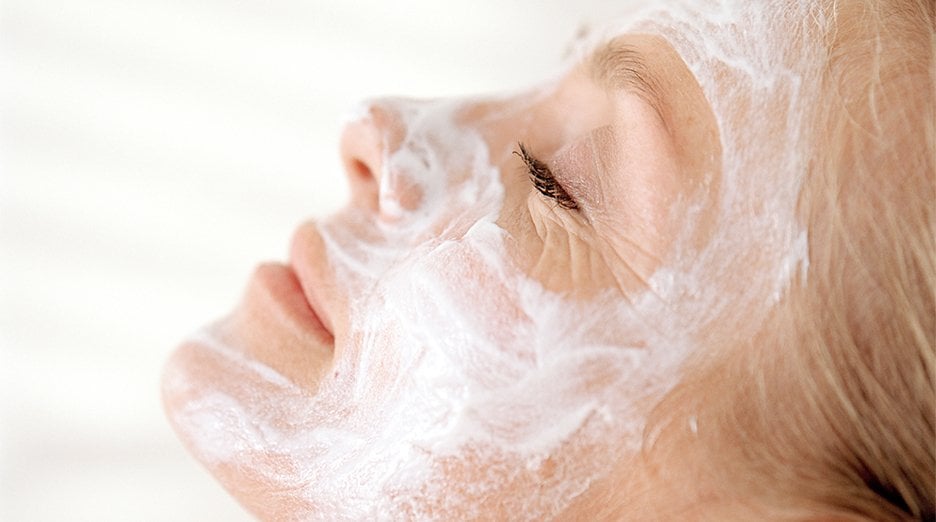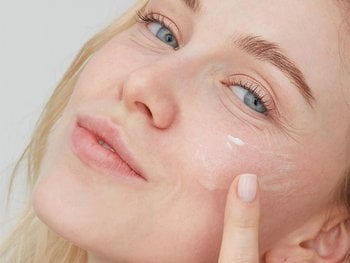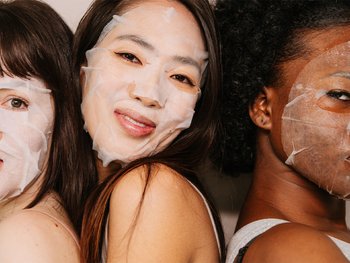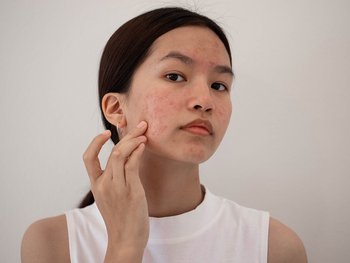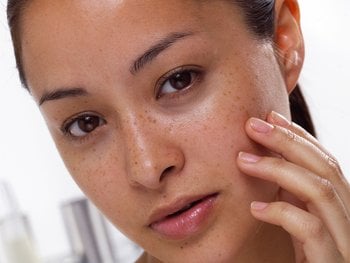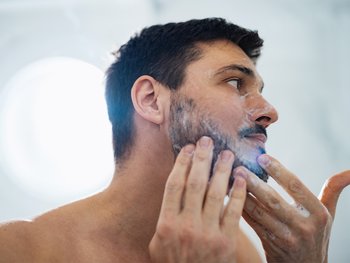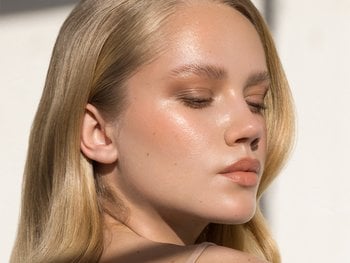How to Find the Best Face Mask
Are you ready for your new favorite step in your self-care and beauty routines? Face masks are the perfect way to provide your skin with nutrients, vitamins and goodies to look nourished and feel great. In just 10 or 15 minutes, masks can help leave skin with a glowing appearance. As any skin care junkie knows, hydrated skin is healthy-looking skin, and face masks can help transfer that moisture onto your skin complexion. Face masks can be used for all different kinds of noticeable skin concerns, from dry to dull skin to blemishes and more. Regardless of your skin type or skin concern, we have a feeling there is a face mask out there for you to fall in love with. Aside from all their glowing skin benefits, face masks are also a great way to take time for yourself. With a small self-care addition like a bath, magazine, and a candle, you can turn your mask time into a DIY spa day or simply a moment to breathe. Discover why face masks are essential, how to choose the right one, and how to use it.

